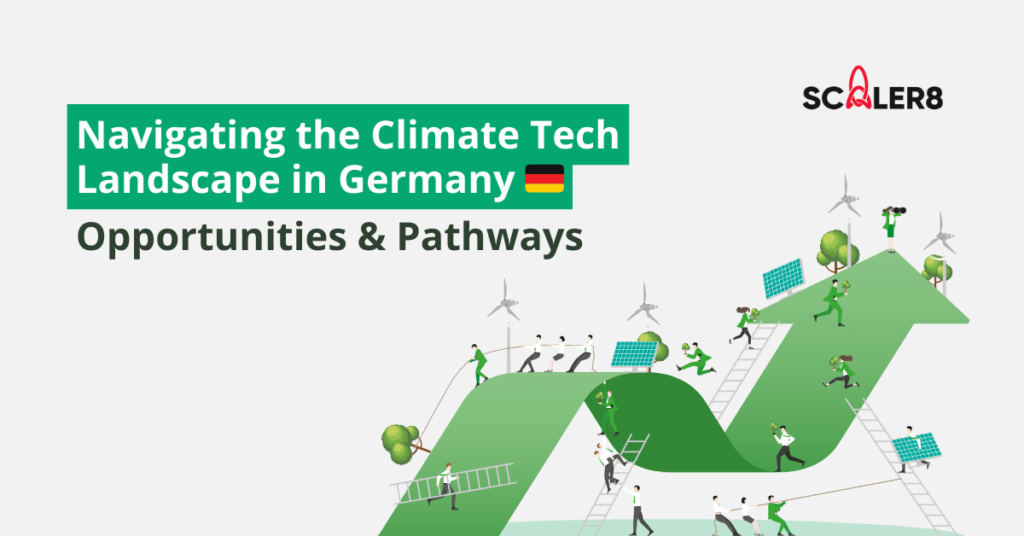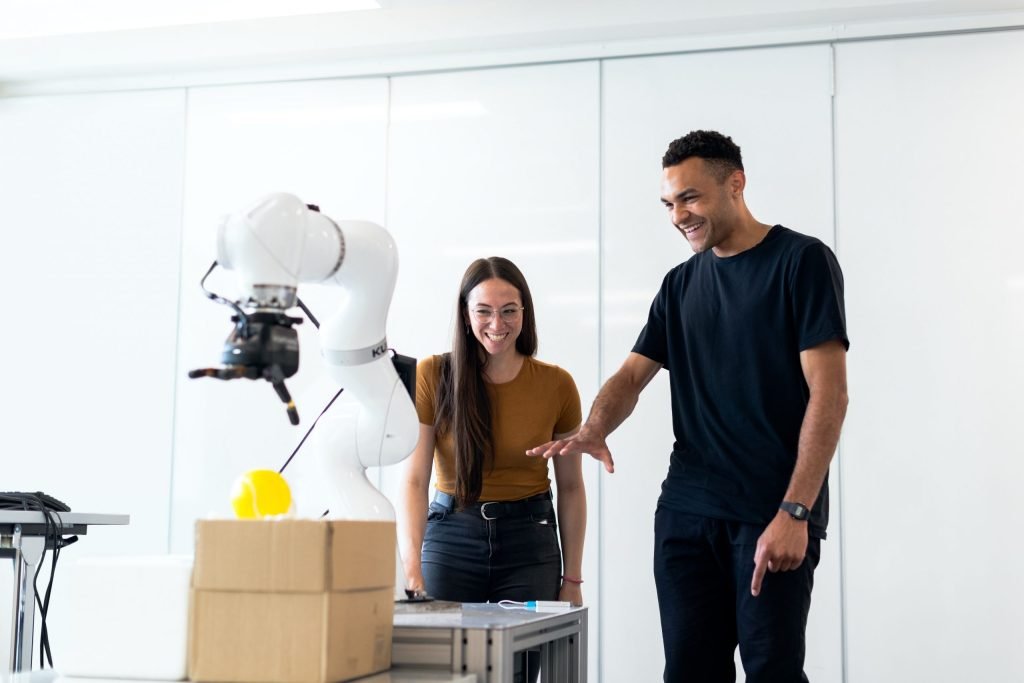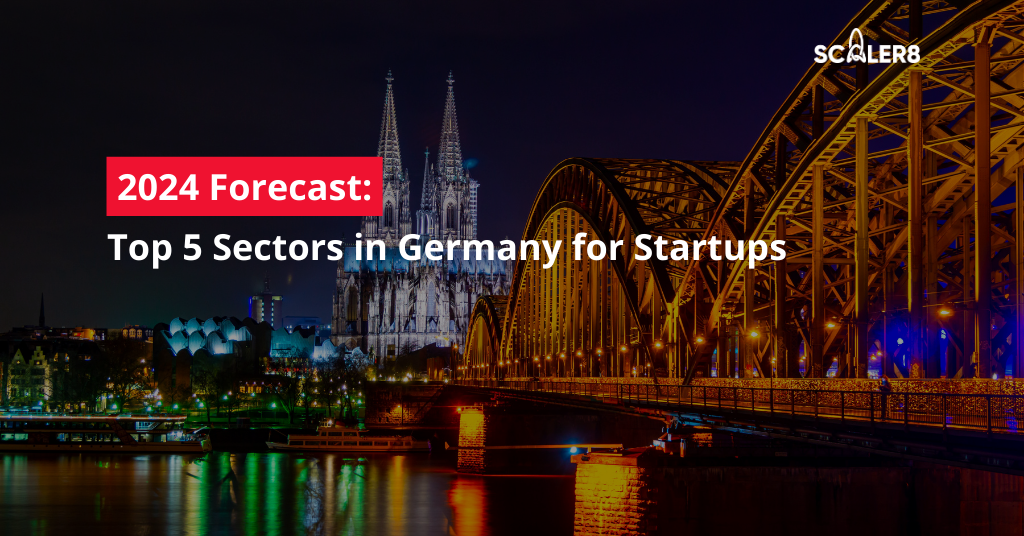As the political centre of Germany and one of the most dynamic economic regions in Europe, Berlin is Germany’s largest city. The city itself is home to 3.7 million and about 6 million live in the local region. The high standard of living at a relatively low cost, lively locale and diverse community attract talented people from all over the world to Berlin.
In recent years, the city has become the fastest-growing startup hub in Germany, being particularly attractive to new businesses in the creative and technology sectors, as they can tap into the city’s extensive investment and innovation funding.
Before Covid, Berlin enjoyed ten years of interrupted economic growth, with its GDP increment and employment rates having hovered comfortably above the national average for many years. Despite a 3.3% decrease in GDP in 2020 due to the pandemic, Berlin’s robust economy meant that its losses were still significantly smaller than the national average of 4.9%. Berlin’s growth is expected to bounce back to pre-Covid levels in early 2022.
Apart from its status as Germany’s capital, there are many reasons why Berlin is viewed as a highly conducive environment for incubating tech startups, ranging from its innovative research sector to generous government support.

Government support (innoBB)
The Berlin-Brandenburg region has long enjoyed favourable conditions for the innovation sector, boasting a myriad of outstanding higher education institutions and research institutes, along with the close connection between the economic and scientific communities.
Seeing the potential for development in various tech clusters, the federal states of Berlin and Brandenburg came together in 2011 to adopt a “Joint Innovation Strategy of the States of Berlin and Brandenburg” (innoBB), as an initiative to promote the region as the leading choice of location for various tech firms.
There are five focus industry clusters under innoBB – healthcare, energy technology, transport, ICT and photonics.
These clusters were established due to specific industry characteristics such as the high density of competitive businesses, high growth rates, and academic institutions related to such industries in the Berlin-Brandenburg area.
innoBB 2025
After a successful run, the next phase of the innoBB initiative was introduced in 2019. Termed innoBB 2025, it is designed to tackle new challenges.
Challenges to focus on for innoBB 2025 include digitalisation of data, establishment of regulatory test beds and testing areas to support innovation, workforce development, and startups’ development. As such, the introduction of innoBB 2025 provides more opportunities and support for the five industry clusters.
Healthcare industries cluster
Under innoBB 2025, Berlin-Brandenburg hopes to become a regulatory test bed for new medicines and encourage the swift implementation of scientific findings for prevention, diagnostics and medical therapies.
The region also plans to focus on innovating diagnostic methods for detecting and preventing diseases, regenerative medicine and technical assistance systems to improve care for patients.
Energy technology cluster
The region aims to become a global leader in the development of technologies that can tackle the issue of climate change such as renewable energy, energy efficiency and storage technologies. The new strategy encourages businesses to partner with major stakeholders in the area for R&D projects and use the region as a testbed for energy innovations.
Transport, mobility, and logistics cluster
innoBB 2025 aims to aid this cluster to create innovative products and services for the “traffic systems of the future”. This includes allowing testing of such creations and encouraging digitisation of real-transport technology and logistics.
ICT, media, and creative industries cluster
This cluster is primed to establish a leading position in high-growth fields such as AI, IoT, Fintech, Blockchain, IT security and immersive technologies. The region hopes to tap into the expertise of startups, established businesses and institutions in the area to grow. Technologies and business models developed in this cluster will also be utilised in aiding the digitalisation of other clusters.
Photonics cluster
This industry focuses on optical technologies and microsystem technologies. Technologies developed in photonics are used in many other industries and processes such as digitalisation, immersive media, healthtech, smart technologies and more. Berlin-Brandenburg strives to establish an environment for “intensive technology transfer” between industries and stakeholders.
With the introduction of innoBB 2025, the Berlin-Brandenburg region has further established itself as a bustling hub that provides attractive resources and support for startups.
Academia & research
Berlin’s internationally renowned universities boast more than 197,000 students, with 21% of them coming from abroad, forming one of the largest and most diverse centres for science and research in Europe.
The capital has numerous institutions, with over 30 private universities and more than 70 non-university research facilities.
Berlin also has four outstanding public research universities, namely Freie Universität Berlin (FU), Humboldt-Universität zu Berlin (HU), Technische Universität Berlin (TU) and Universität der Künste (UdK).
The Charité University Hospital (Charité – Universitätsmedizin Berlin) is the largest medical faculty in Europe and one of the most established medical institutions in Germany, while the “Berlin University Alliance” of the Freie Universität, Humboldt-Universität and Technische Universität is recognised as an alliance of excellence by the Federal and State governments as part of the excellence strategy.
Language
As the capital of Germany, Berlin enjoys an English-fluent culture due to the high number of expats and a highly educated population.
How your tech startup fits into Berlin’s economy
Berlin rewards and is rewarded by innovation. Germany’s capital city is eager to welcome newcomers into its tech landscape, providing a plethora of resources to anyone interested in settling their roots in the region.
Looking for the latest German business updates?
Click here for the latest market opportunities in Germany today.




